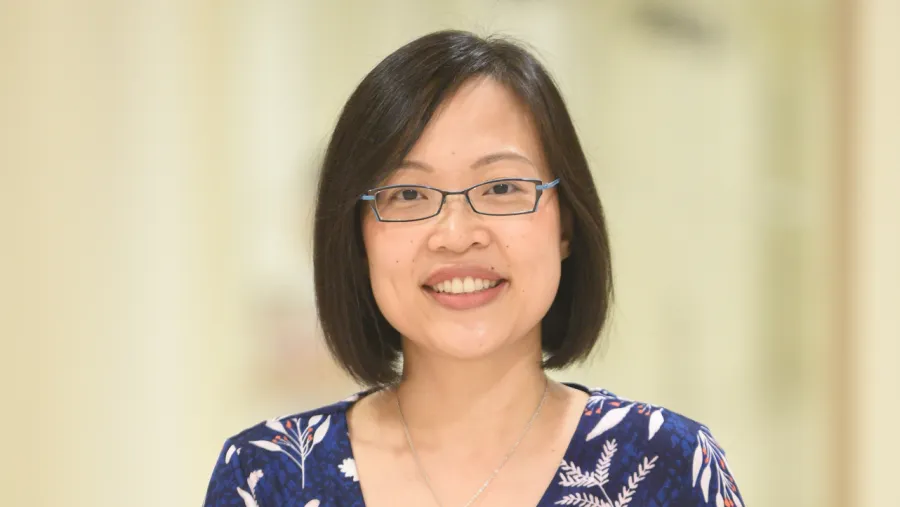
Singapore’s National University Cancer Institute welcomes new director
The outgoing director is exiting after nine years of service
The National University Cancer Institute, Singapore (NCIS) has appointed Chee Cheng Ean as its new director starting 1 September.
Chee, an associate professor of Medicine at National University of Singapore (NUS), took over the senior role as Chng Wee Joo bowed out after nine years of service.
Chng’s leadership that started in 2014, sparked clinical trials on stem cell transplants, cancer care delivery, and cellular therapy in the NCIS which now handles more than 200 studies a year. It was also under his term that the NCIS attained world-class outcomes for stem cell transplants for blood cancers, lung cancer, and urologic cancer.
In welcoming their new leader, Chng said Chee has played crucial role in the clinical transformation of NCIS over the past years and she is well-positioned to lead the institution’s new growth path
“Together, we will leverage cutting-edge research, the latest technological advancements, and the power of multidisciplinary collaboration to drive us towards our vision for 2030,” said Chee, who has been the clinical deputy director at NCIS since April 2021.
Chee specialises in colorectal, liver and pancreatic cancers at NCIS, with active involvement in clinical medicine and oncology, being a grant-winning, widely-published clinical investigator.
She was among the team behind the award-winning NCIS Survivorship Programme, which focused on follow-up care for cancer patients in the community. During the pandemic, she also led successful initiatives that improved patient care and operations at NCIS.
For the outgoing official, Chng will continue to hold directorships at a number of medical institutions in the city-state, including the National University Health System Research Office, NUS Cancer Science Institute of Singapore and the Singapore Translational Cancer Consortium.
“Moving forward, I will focus on strengthening research in NUHS by harnessing the power of all the schools and disciplines in the National University of Singapore and the clinical expertise in NUHS, to work together to solve problems in the health of the population we serve,” said Chng.


















 Advertise
Advertise


